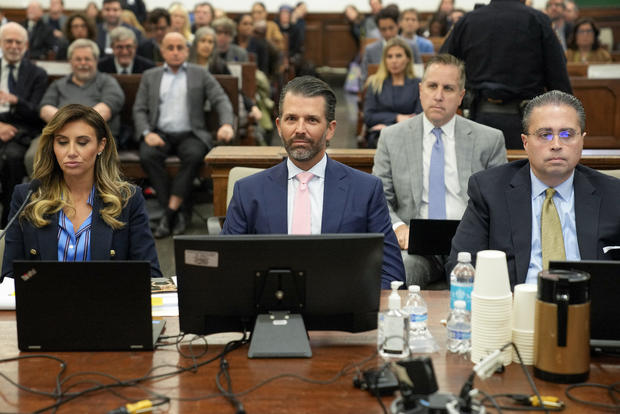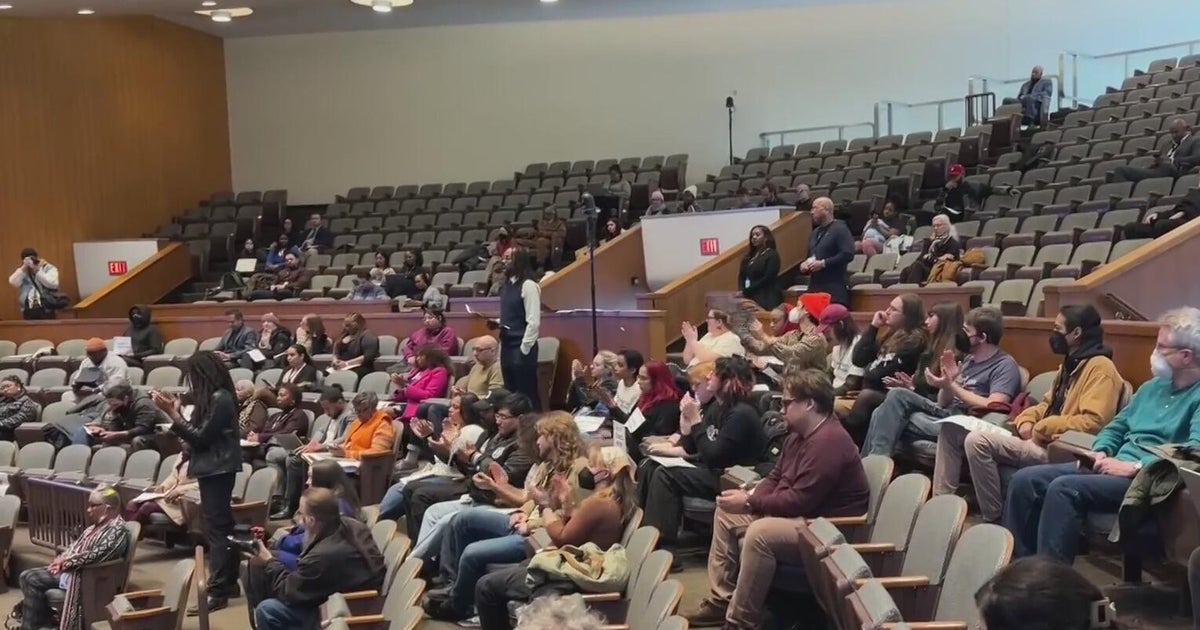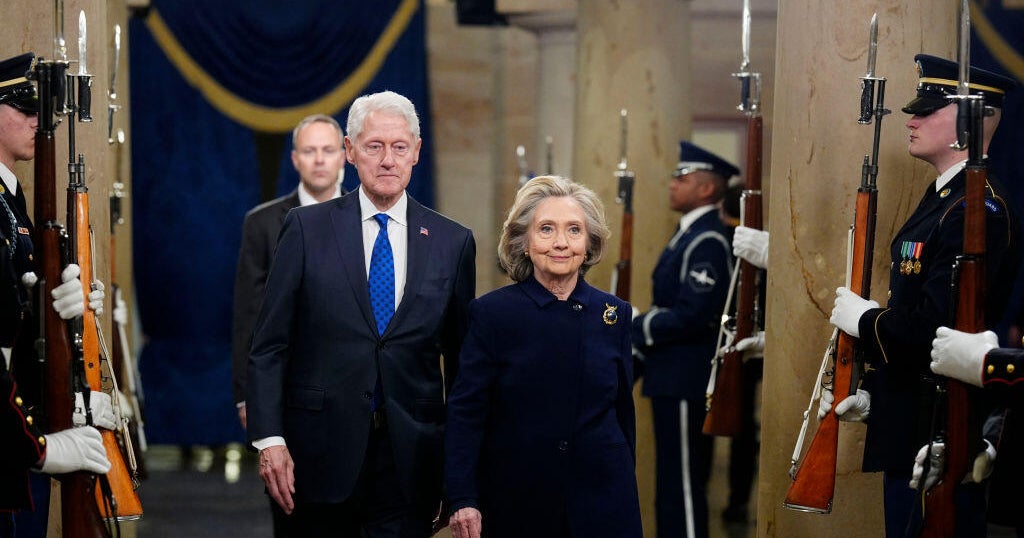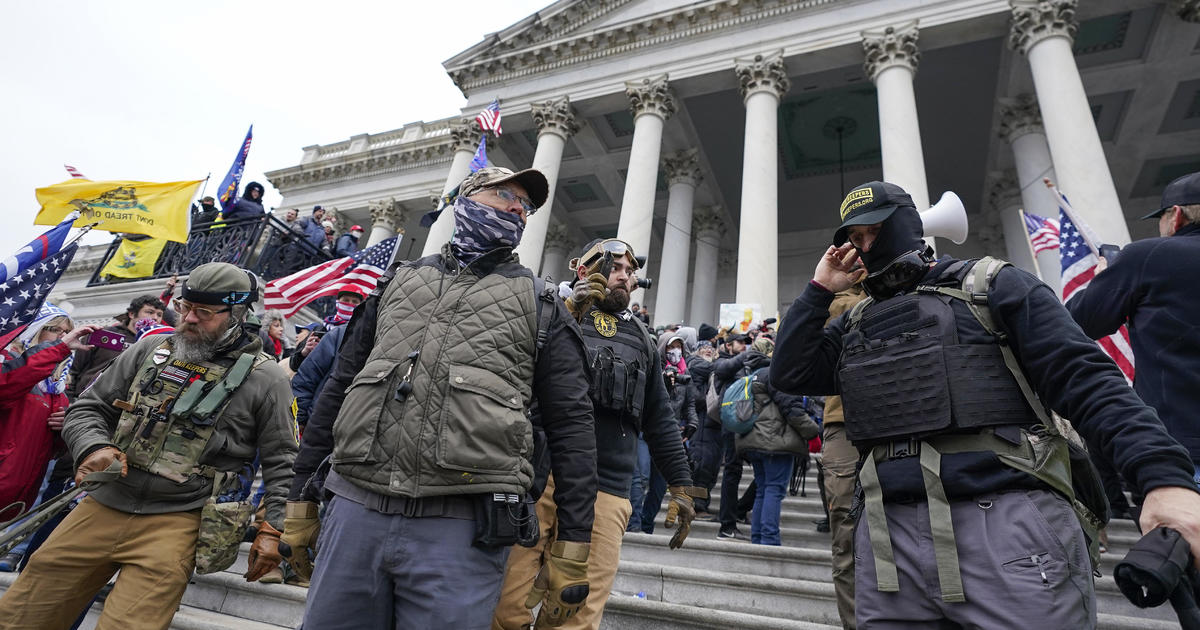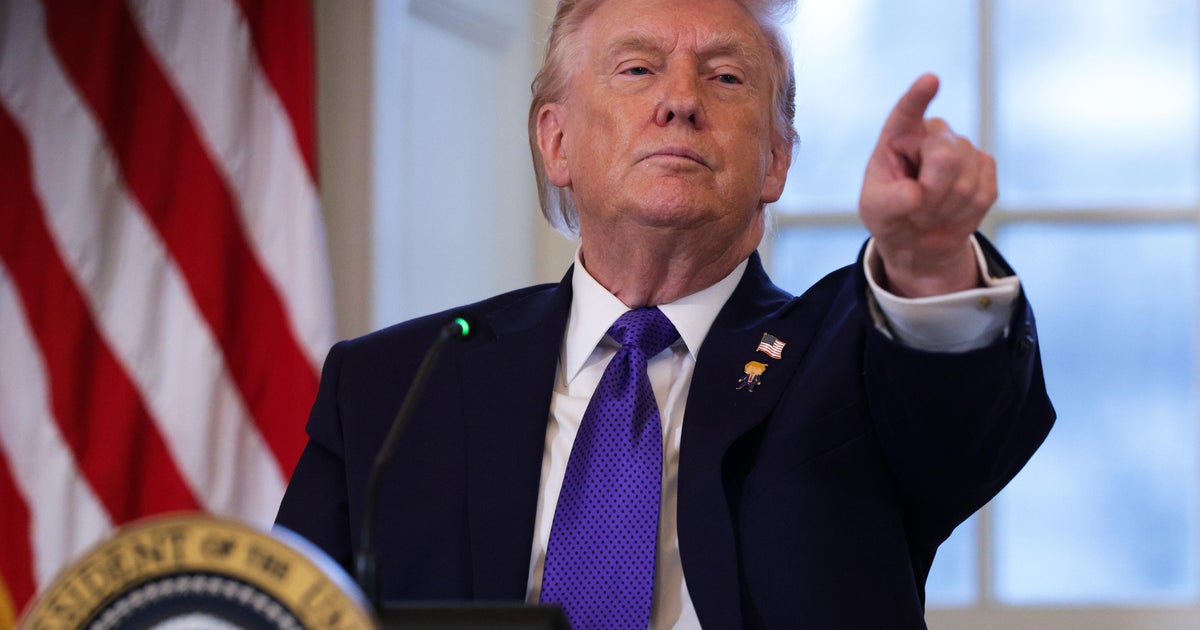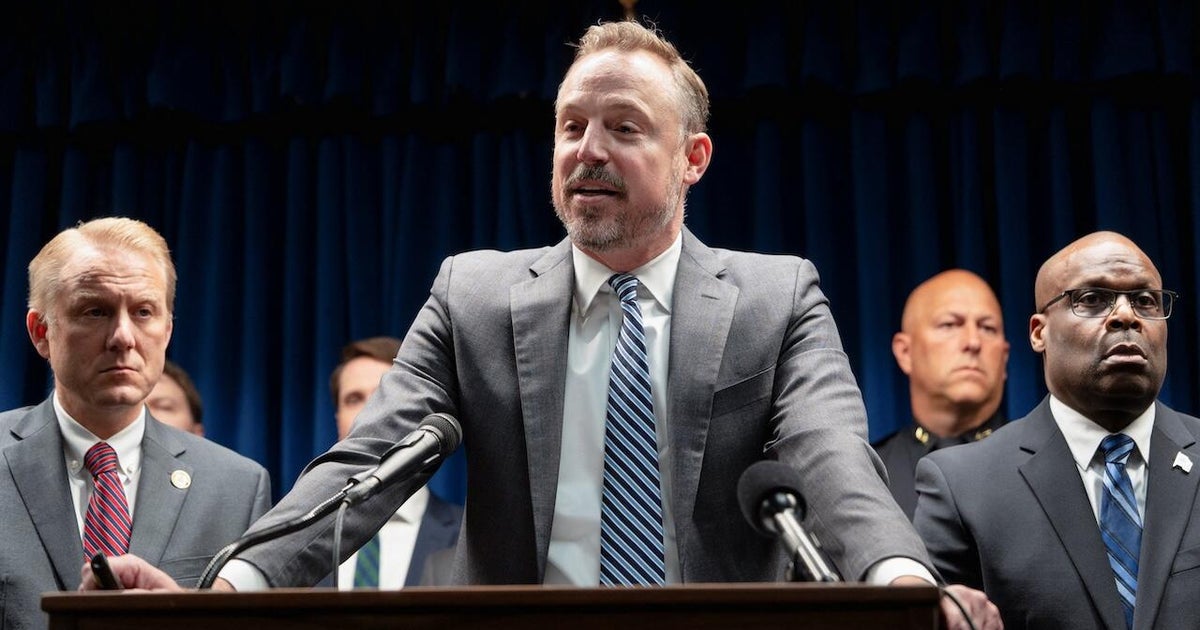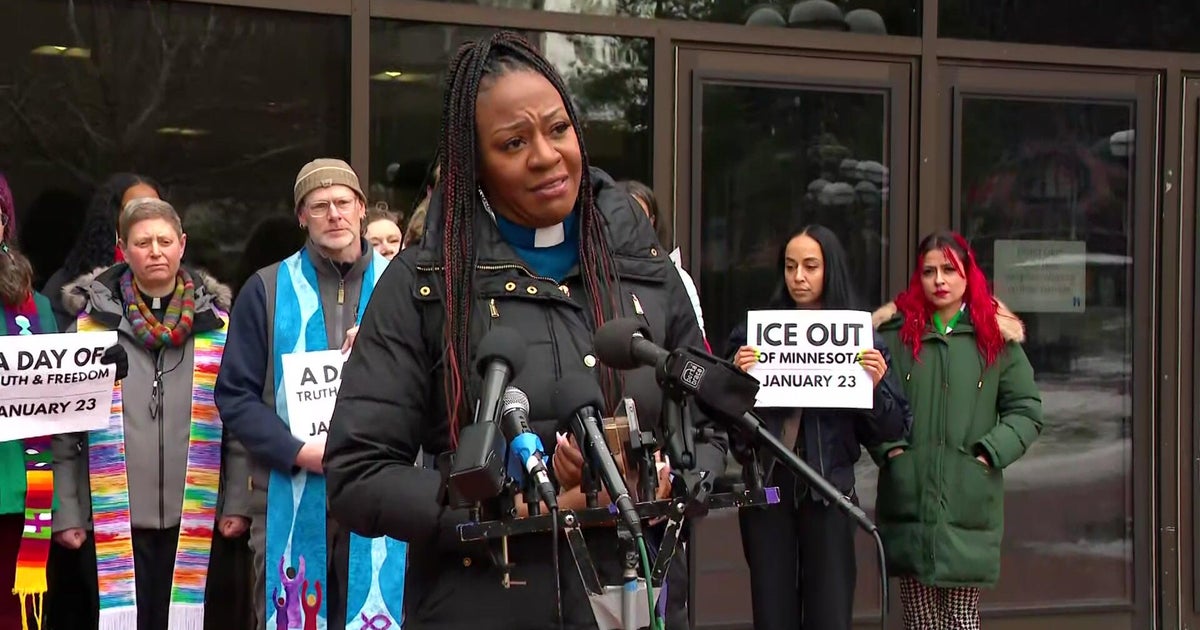Donald Trump Jr. began testifying at the Trump fraud trial in New York. Here's what to know.
Read updates from Donald Trump Jr.'s second day of testimony on Thursday here.
Donald Trump Jr. was called to the stand in a New York courtroom Wednesday to begin testifying in the civil fraud trial pitting his family and the Trump Organization against New York Attorney General Letitia James.
He became the first of four family members to face questions about their involvement in the family business in the coming days. Eric Trump, Ivanka Trump and their father Donald Trump are also expected to be sworn in to testify under oath. Trump Jr. is expected to return for further questioning on Thursday.
The Trump Organization, the former president and his two adult sons are accused of engaging in a fraud scheme that netted them hundreds of millions of dollars by falsely inflating property valuations, and Donald Trump's wealth, in deals with banks and insurers. Ivanka Trump was named as a defendant when the state's lawsuit was filed in September 2022, but a New York court later dismissed the claims against her for being outside the statute of limitations.
Donald Trump Jr.'s testimony
On the stand, Trump Jr. was mostly cordial when addressing the attorney general's lawyer, replying with brief responses to questions about his work history, responsibilities and the family dynamic within the company.
He cracked a few jokes, at one point apologizing for the speed with which he talks: "I apologize, Your Honor. I moved to Florida, but I kept the New York pace." He said his father was not involved with decision-making at the company during his presidency, but said that he has "made some decisions" since 2021, when he left the White House.
Trump Jr. established that he had a deep knowledge of company projects, saying he worked in "an all-encompassing developmental role" as executive vice president, and later managing the trust created for his father's assets after the 2016 election. But he said he had little knowledge of a key moment in the company's history.
Trump Jr. said he was aware that the company's former chief financial officer, Allen Weisselberg, left the company after nearly half a century because he was indicted for tax fraud in 2021, but said he knew little else about his exit.
Weisselberg, the elder Trump's right hand man for finance matters dating back to the 1970s, testified earlier in the trial that he and the company agreed to a $2 million severance shortly before Weisselberg went to jail.
After Weisselberg's indictment, Trump Jr. became the sole trustee of his father's trust. During Wednesday's proceedings, the attorney general's lawyer displayed documents that showed him ceding control back to his father on Jan. 20, 2021, the day Trump left office. Trump left the post and reassigned it to Trump Jr. less than five months later, on June 7. No explanation for this change was given.
Later, Trump Jr. defended his involvement in producing so-called statements of financial condition, documents with allegedly inflated valuations that the state says were central to the fraud scheme.
"I signed off on a document that Mazars prepared with intimate knowledge, and as a trustee I have an obligation to listen to those who are experts, who have an expertise of these things," Trump Jr. said. "So I trust in Allen Weisselberg who is an accountant. I trust Mazars who is a CPA and a big five accounting firm to put together a document of this nature."
"These people had an incredible intimate knowledge and I relied on them," Trump Jr. said.
Donald Trump Jr.'s role in the case
Trump Jr. is a key decision-maker at the Trump Organization, where he is an executive vice president. He is also involved in the management of his father's trust. Both roles put him at the center of the state's fraud case.
Lawyers for the attorney general have described Trump Jr. as among a senior group of executives who were privy to closely held details about the company's finances.
"Documents obtained by [the Attorney General] establish that Donald Trump, Jr. received his own memoranda discussing the general financial position of the Trump Organization and detailed analyses as to the performance of specific assets," they wrote in a January 2022 filing in the case.
His work as a company executive involved many of the properties and deals that are a focus of the case, including the financing and development of Trump International Hotel & Tower, Chicago, and Trump International Golf Links in Aberdeen, Scotland, as well as commercial leasing deals at properties including Trump Tower and 40 Wall Street in Manhattan.
After his father was elected president, Trump Jr. signed off on the statements of financial condition. The judge in the case has already ruled that the defendants engaged in fraud. He agreed with James' office that the statements, which portrayed Trump's wealth as billions of dollars more than what was truthful, were given to banks, insurers and others.
Trump Jr. and his siblings were involved with the statements, at least in a limited fashion, even before their father was elected, according to one witness in the case. With the former president watching, shaking his head in seeming disbelief, his former lawyer and "fixer" Michael Cohen testified on Oct. 25 that the three Trump scions were sometimes consulted by another company executive who oversaw production of each year's statement.
The Trumps' defense
The defendants have all denied wrongdoing in the case, and the Trumps have all accused James — an elected Democratic official — of pursuing them for political gain.
"They've set the game up so it's always lose/lose in these blue states. If you don't abide by their narrative they will target you," Trump Jr. tweeted on Sept. 26, after Judge Arthur Engoron's pretrial ruling finding the defendants liable for fraud.
They have also accused Engoron himself of bias.
"Are we still pretending that there's even a pretense of objectivity from these judges," Donald Trump Jr. tweeted that same day, about both Engoron and a federal judge overseeing a criminal case against the former president in Washington, D.C.
The lawsuit against the Trumps and their company is seeking $250 million, and several sanctions designed to limit their ability to do business in New York, including permanently barring Donald Trump, Donald Trump Jr. and Eric Trump from serving as an officer or director in any business in the state.
